Two days before the 2016 presidential election, Donald Trump stepped out of his personal jet and into a hangar at the Minneapolis–St. Paul airport to promise a crowd of more than 9,000 supporters that, if elected, he would halt arrivals of Somali refugees. Minnesota has the largest Somali population in America—estimated to be around 46,000—as well as comparatively large populations of Ethiopians, Liberians, and Nigerians. “You’ve suffered enough in Minnesota,” Trump told the audience, referring to Somali immigrants as a “disaster.”
After Trump was sworn into office, it wasn’t long before he turned this campaign rhetoric into policy, in the form of an executive order restricting immigration from Somalia and a group of other majority-Muslim countries. Despite the risks, a group of Somali-American community leaders in Minneapolis are fighting against this toxic political moment—and are empowering other people to do the same. Here, in their own words, is what their religion and their advocacy work mean to them in Trump’s America.

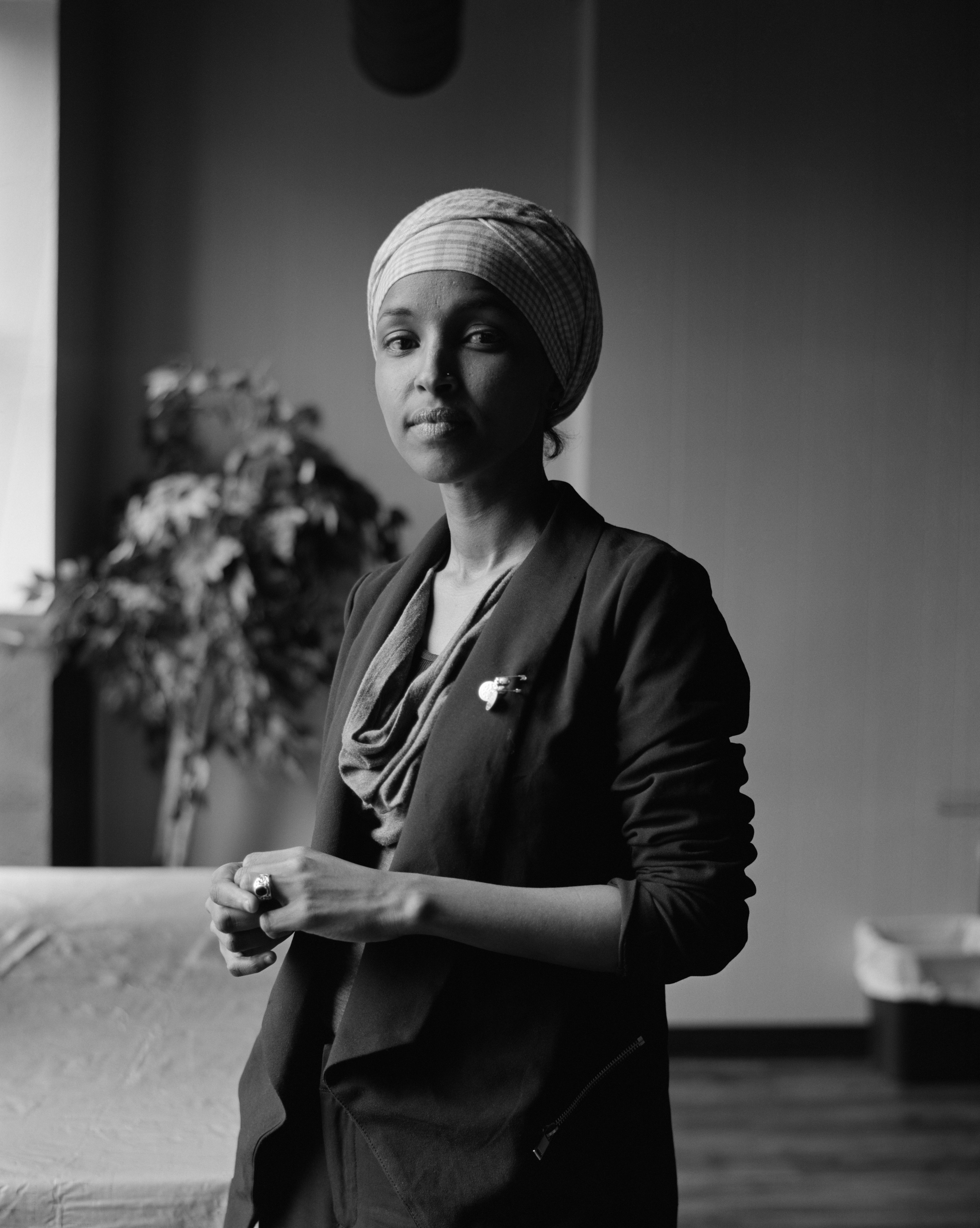
(Photo: Olivia Arthur/Magnum Photos)
“My faith is the center of everything. It is what is calming about me, it is what gives me my drive for justice and righteousness, and liberty and equality and consensus. My faith is very much about not one person being the guider or the leader—that in every decision there needs to be a consensus with the people, and everybody needs to have a voice in decision-making.”
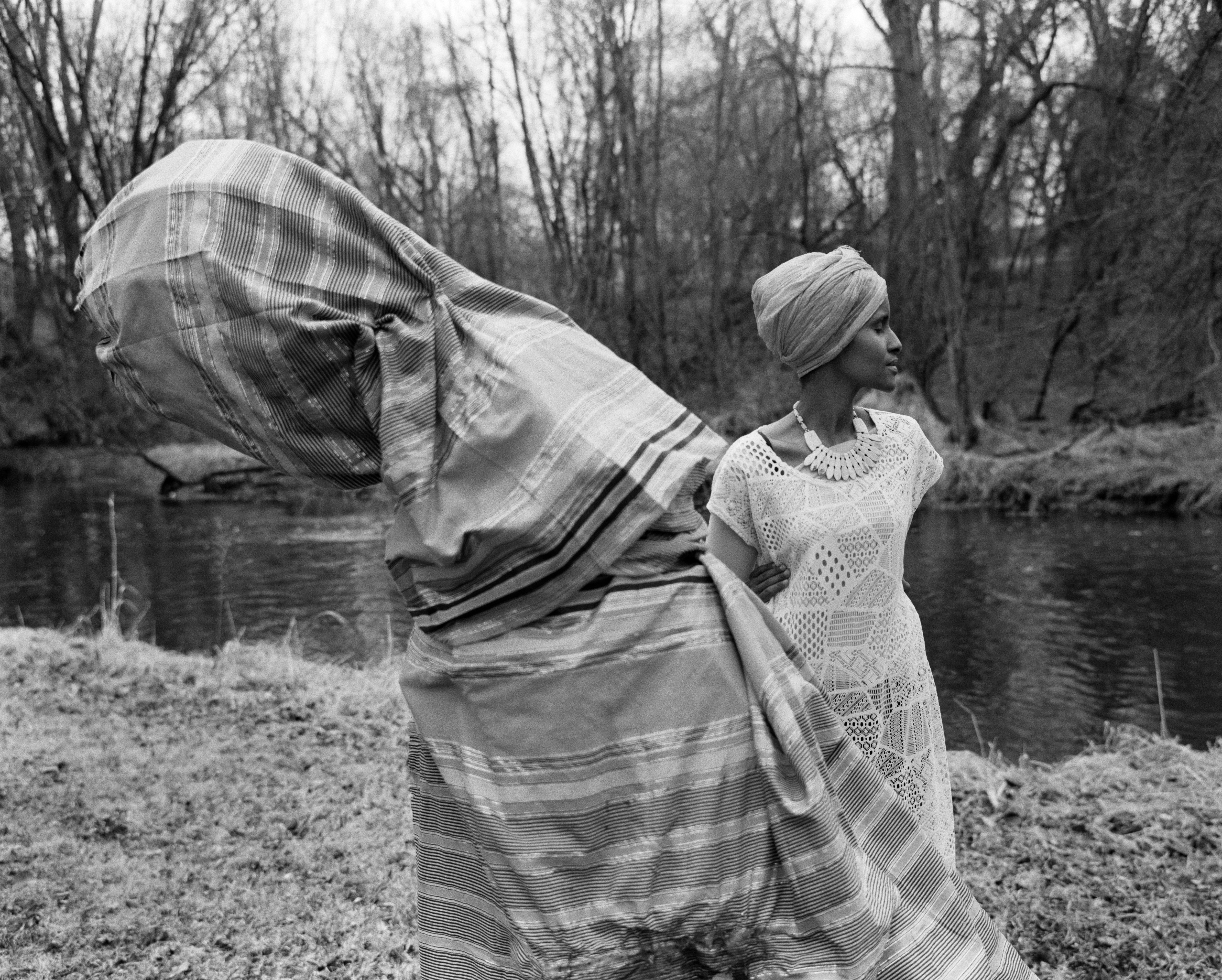
(Photo: Olivia Arthur/Magnum Photos)
“A little girl who looks just like me, who is sitting in the same refugee camp that I was sitting in 21 years ago, can’t come to America and have this very fulfilling yet complex life.”
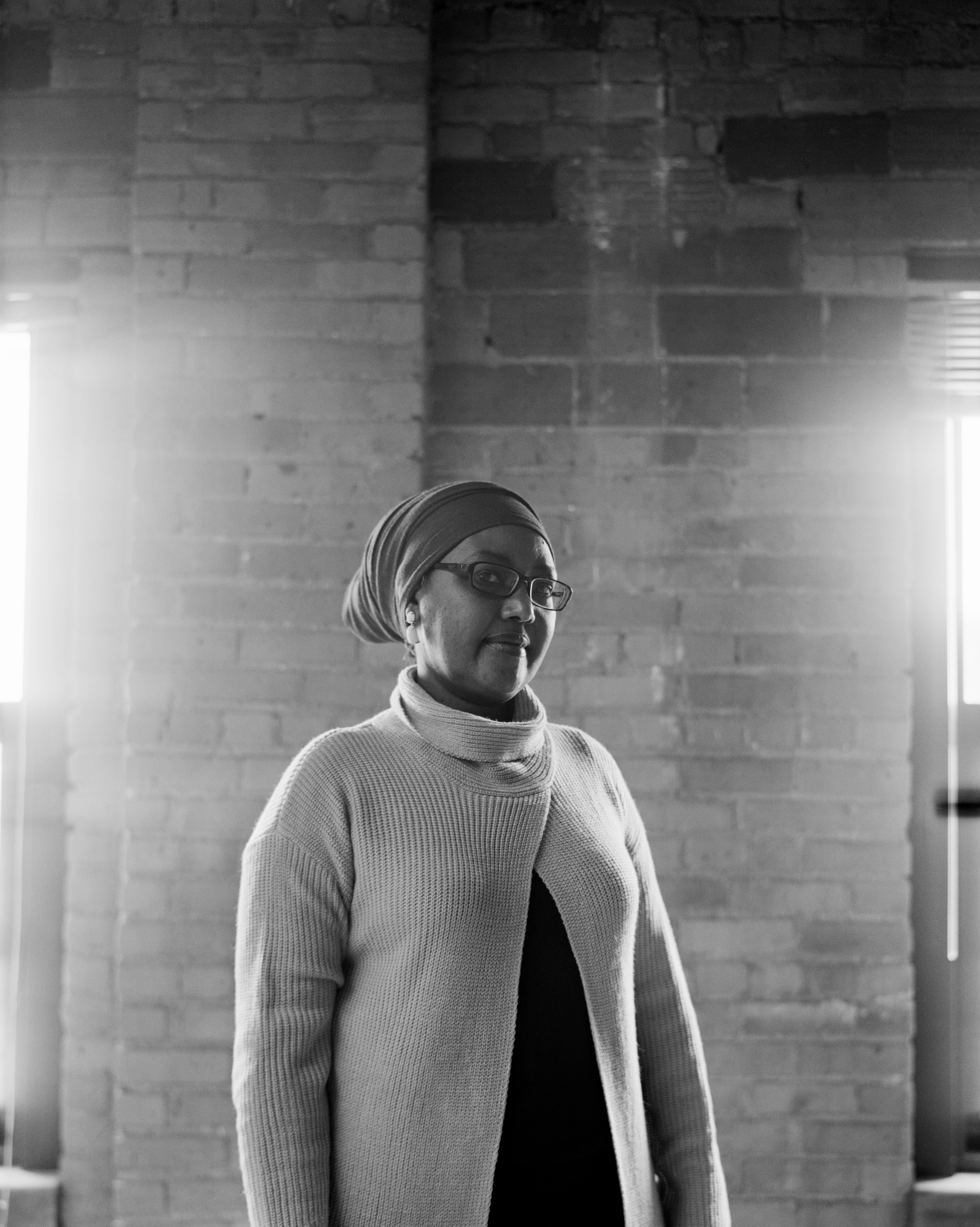
(Photo: Olivia Arthur/Magnum Photos)
“We don’t want to just empower, encourage, and set off women into office, but we want to support them while they are in office. We want to keep them accountable on what they promised. Ilhan promised a lot of things. … So far, she is doing marvelous.”
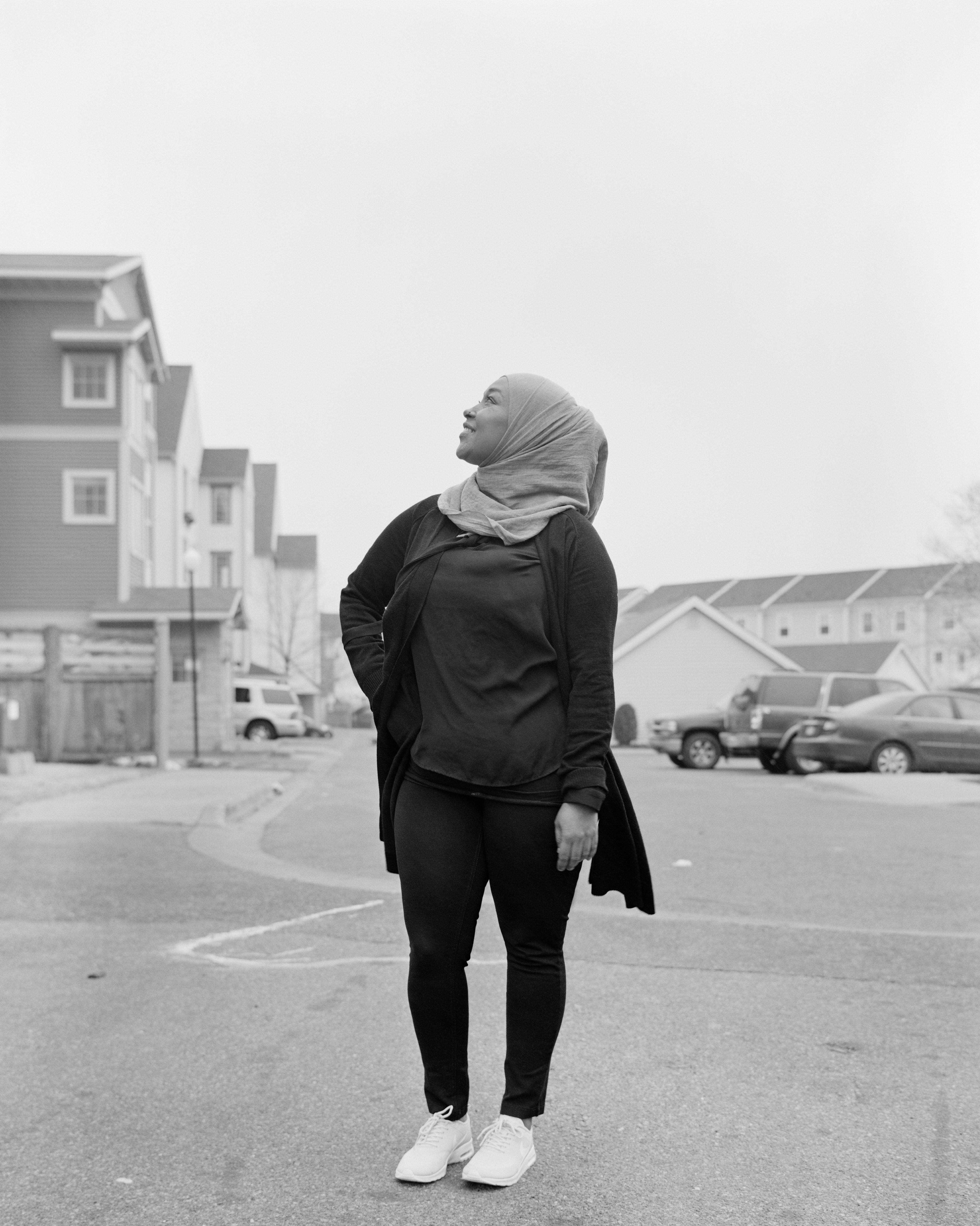
(Photo: Olivia Arthur/Magnum Photos)
“My religion teaches me to forgive people and to move on, because if I hold onto hate, it will destroy me.”
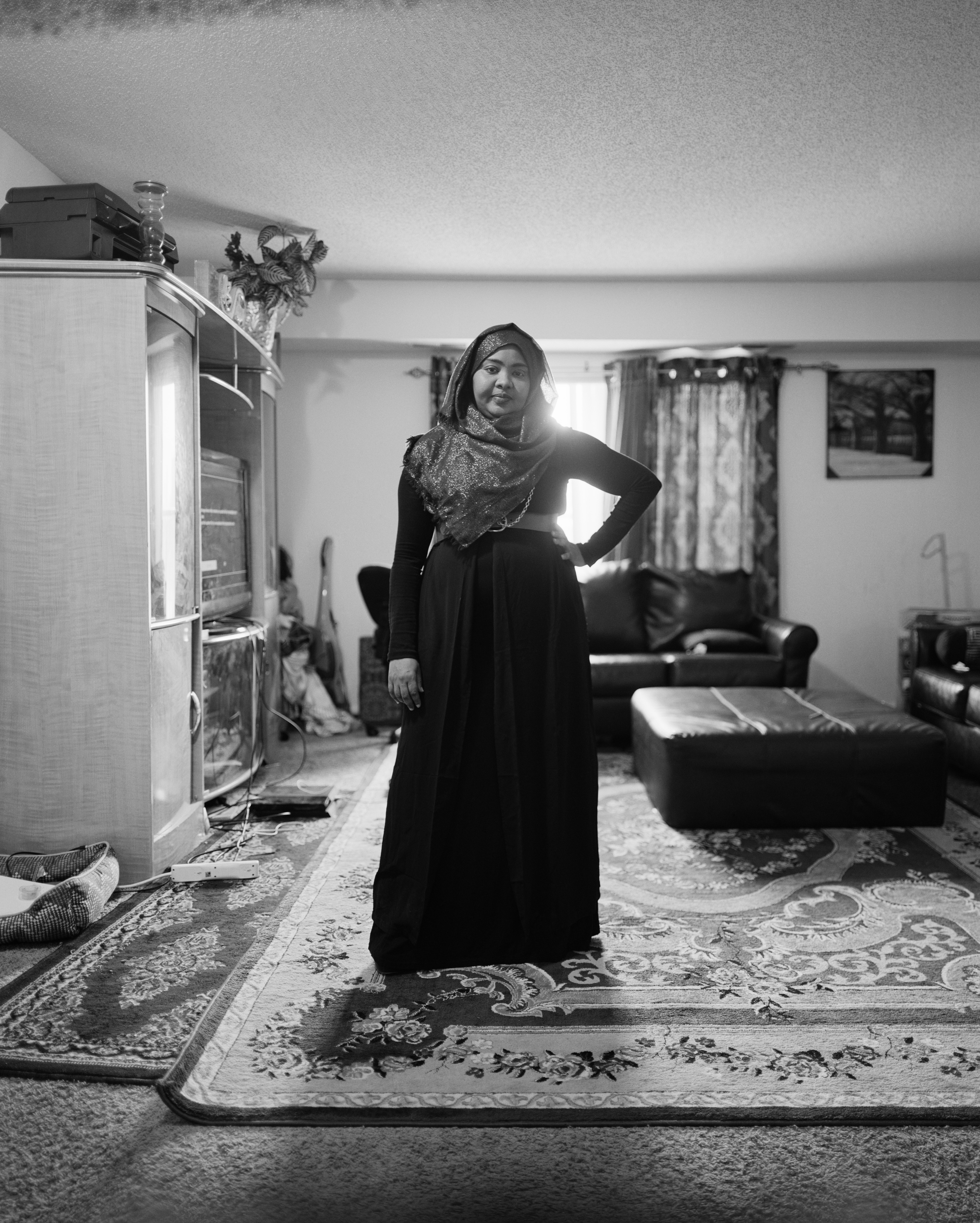
(Photo: Olivia Arthur/Magnum Photos)
“My kids, who are born in America, who have never been to Somalia, now watch the headlines and say: ‘Are we really that bad? Why are Muslims killing? Why do they call us terrorists? What does that mean?'”
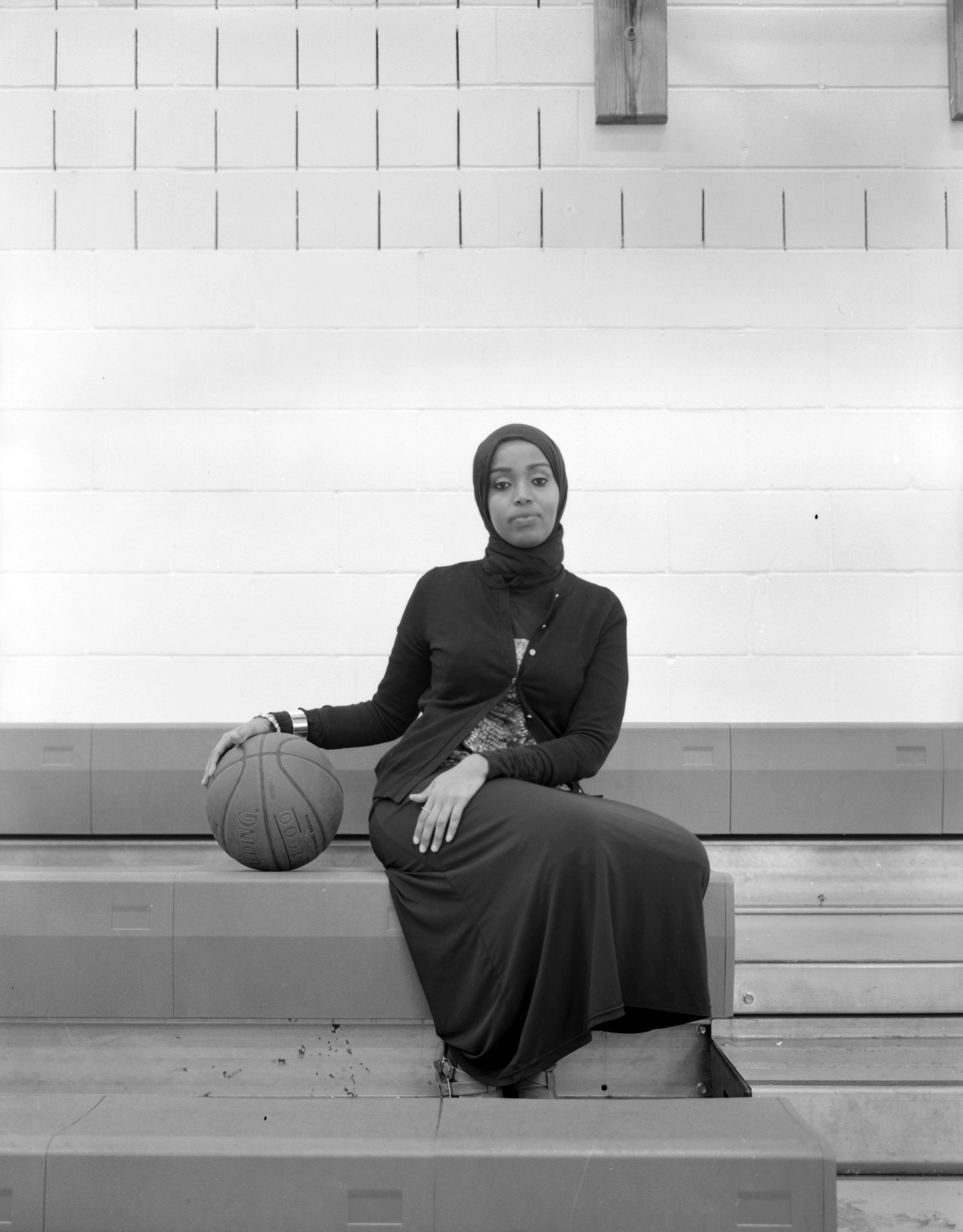
(Photo: Olivia Arthur/Magnum Photos)
“Sports are what bring everyone together. You have one goal, and that goal is ‘I want my team to win.’ You really don’t care what religion that person is. When I see girls playing with their school teams, I see that they’re a family, and they’re there for each other.”
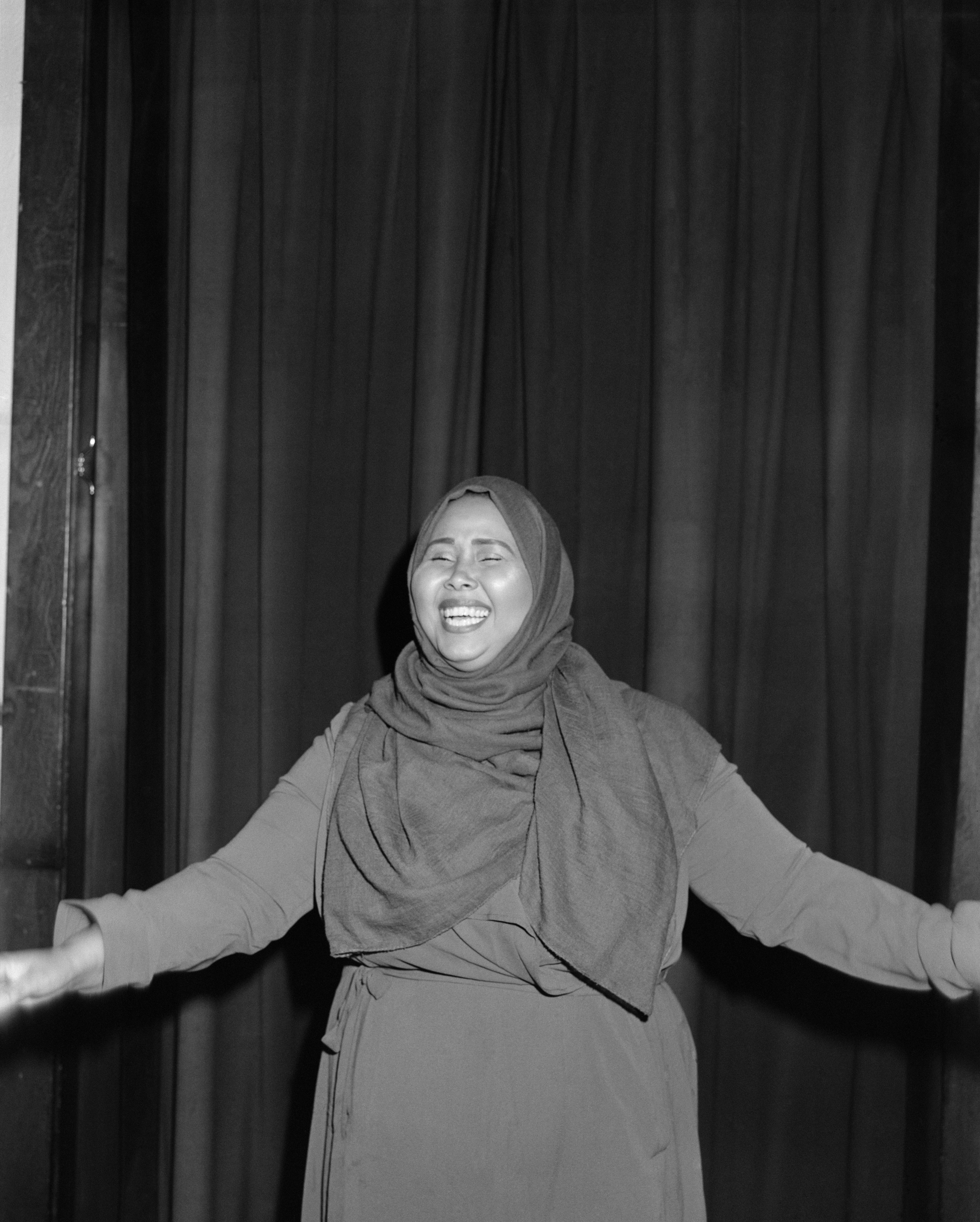
(Photo: Olivia Arthur/Magnum Photos)
“At the end of the day, it would be to the public—to us—to decide if this is the way America is now, or if we’re going to change it. Saying that means it’ll come with a lot of resistance.”
A version of this story originally appeared in the July 2017 issue of Pacific Standard, which was produced in partnership with Magnum Photos.





